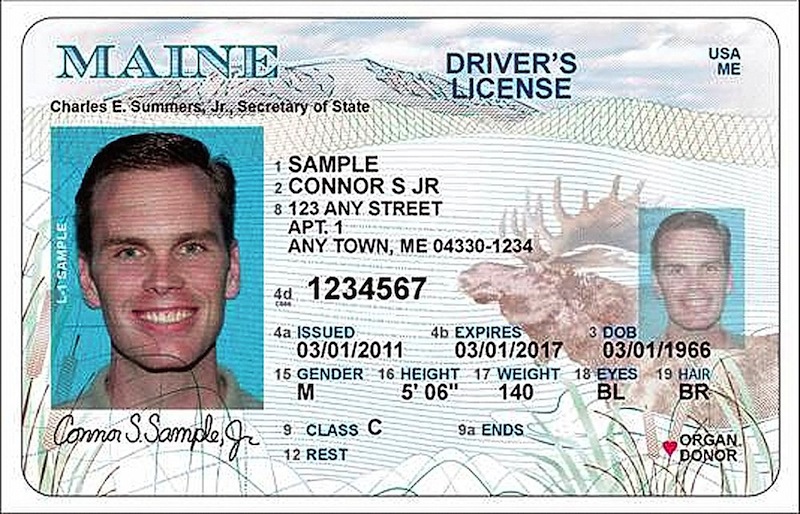AUGUSTA — The Legislature’s approval of the state budget, Medicaid expansion and a plan to pay the hospitals’ debt have been getting most of the attention, but lawmakers have quietly passed scores of bills outside of state finances throughout the 2013 session that will affect people’s lives.
Ahead of the session’s scheduled Wednesday adjournment, the Democratic-majority Legislature has also passed bills affecting motorists, military veterans, hunters and even its own members, with a bill that prevents House and Senate members from lobbying until a year after they leave office. Republican Gov. Paul LePage has signed them into law.
Many of the bills represent regional interests that must marshal support from other areas and political philosophies, reflecting a “hidden bipartisan streak” that gets things done in the Legislature, said Senate President Justin Alfond, D-Portland.
Partisan differences were very much in play this week as Democrats and Republicans clashed on whether to expand Medicaid coverage to 70,000 more residents and whether to include tax hikes in the state’s $6.3 billion state budget.
But agreement was found in some areas this session.
A new e-fairness law will close a tax loophole for large online companies that use affiliates to avoid paying sales taxes.
Another new law broadens the form of payment allowed by scrap-metal dealers for materials they buy to credit or debit cards. An earlier law allowed only checks.
Citizenship identification requirements for those seeking driver’s licenses and state IDs will be eased. Those born before Dec. 1, 1964, or who have continuously held a Maine non-driver identification card or Maine driver’s license since Dec. 31, 1989, can be exempted from the requirement that they provide documentation to establish citizenship.
Maine driver’s license applications and renewal forms will include $2 donation check-offs to fund the Maine Organ and Tissue Donation Fund, which will promote education and increase registration for organ donation.
The proposal for a 220-mile east-west highway veered toward a rest stop as a requirement for a feasibility study on the proposed project was repealed. The Legislature last session appropriated $300,000 for the study, but the study was suspended because of insufficient information about the $2 billion project.
A law addressing worries of a revolving door of legislators who become lobbyists bars legislators from engaging in activities that would require registration as a lobbyist or lobbyist associate until one year after that person’s term ends. The law goes into effect starting with the 2015-16 Legislature. Uncompensated lobbying would not be prohibited.
Outdoors, young hunters’ opportunities are expanded with a law that says junior hunters will receive at least 25 percent of the antlerless deer permits available in certain wildlife management districts.
Alewives will have more of a free run on eastern Maine’s St. Croix River. Fishways on the Woodland Dam and the Grand Falls Dam must now allow the passage of sea-run fish, which has been obstructed for 18 years.
Archers will have to be more careful while hunting. Bows and arrows are added to the list of hunting implements that may not be discharged within 100 yards of a building or residential dwelling without the owner’s permission.
Food was on the legislative table during the session. A bill that became law without the governor’s signature bans bisphenol-A from baby food sold in Maine. Some scientists believe exposure to BPA can harm the reproductive and nervous systems, particularly in babies and small children.
Another new law directs the state to plant edible landscaping in Capitol Park, which forms a green approach to the State House. Food-producing plants, shrubs or trees must be incorporated into the landscaping of part of the park, subject to available funding.
Maine’s maple syrup grading system becomes graded under international standards but only after the new grading system is approved by U.S. and Canadian governments.
Two laws make life a little less complicated for military members and veterans. One exempts active-duty members, stationed outside the U.S. but home on leave, from having to take a hunter safety course to obtain a hunting license. Newly discharged military members will be exempted from driver’s license fees and state ID fees for 180 days after discharge.
A bill that awaits the governor’s signature prohibits the sale of fuel that contains corn-based ethanol if at least 10 states or a number of states with a collective population of 30 million do the same.
Send questions/comments to the editors.




Success. Please wait for the page to reload. If the page does not reload within 5 seconds, please refresh the page.
Enter your email and password to access comments.
Hi, to comment on stories you must . This profile is in addition to your subscription and website login.
Already have a commenting profile? .
Invalid username/password.
Please check your email to confirm and complete your registration.
Only subscribers are eligible to post comments. Please subscribe or login first for digital access. Here’s why.
Use the form below to reset your password. When you've submitted your account email, we will send an email with a reset code.